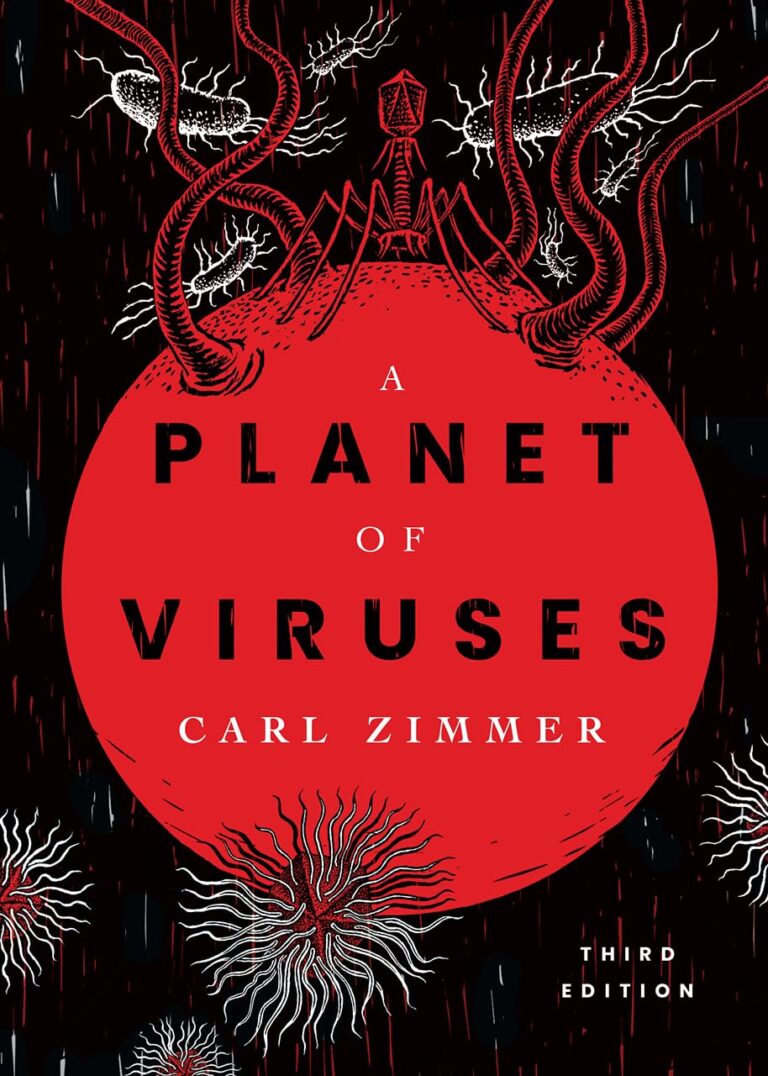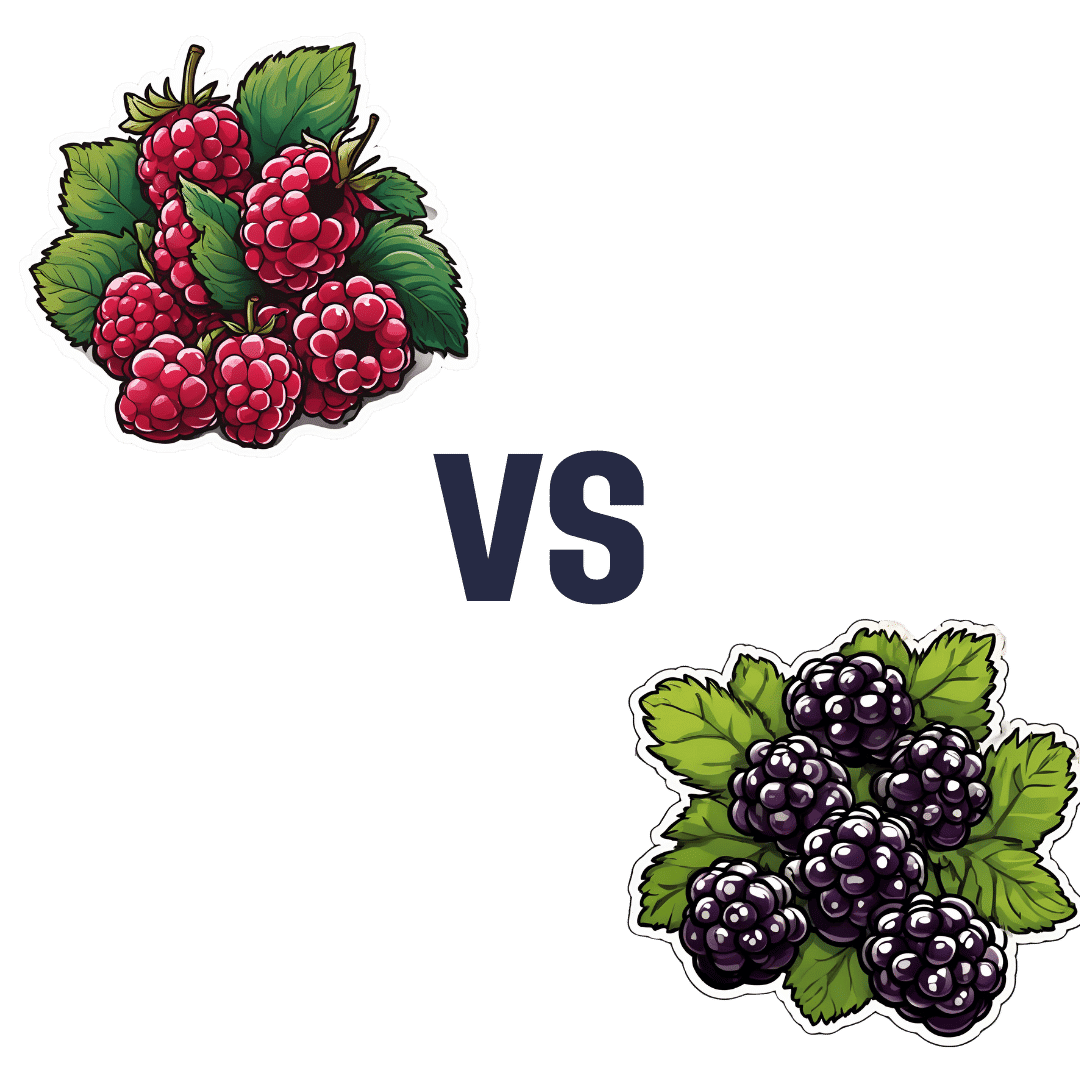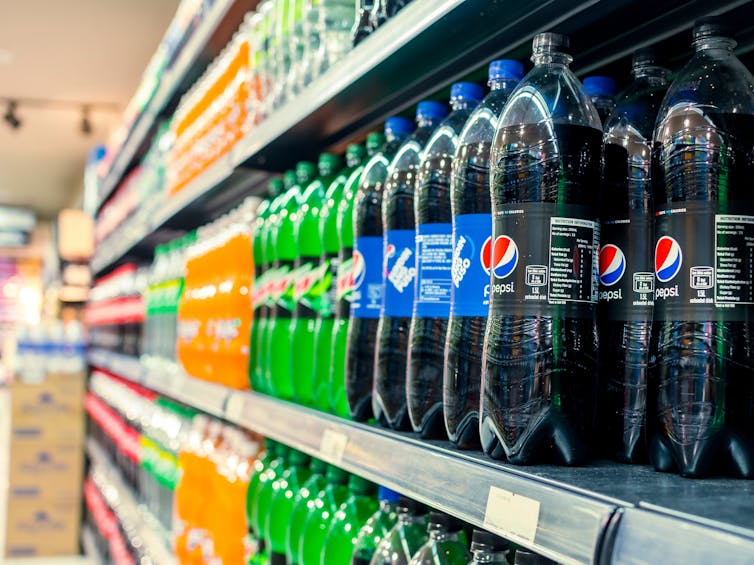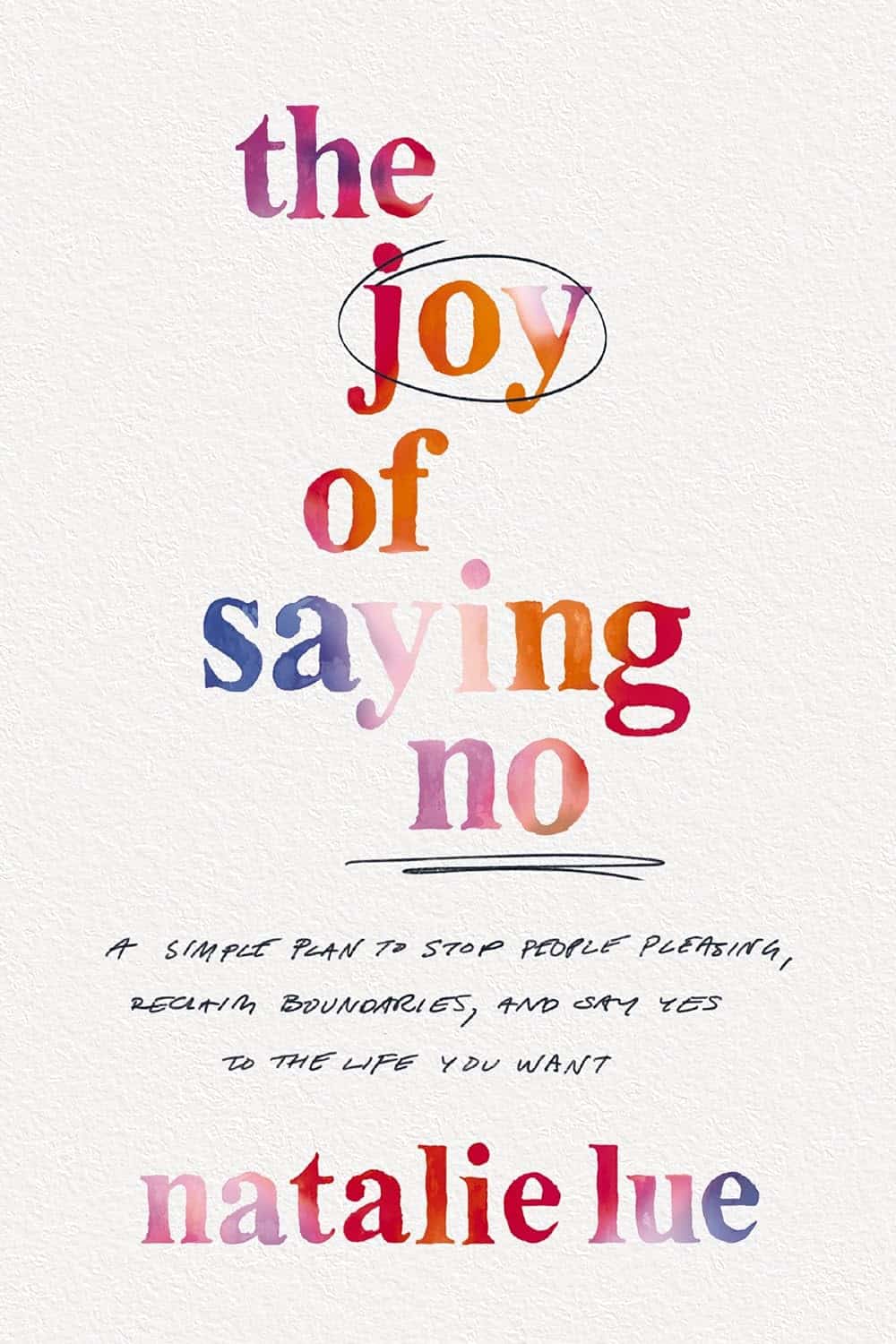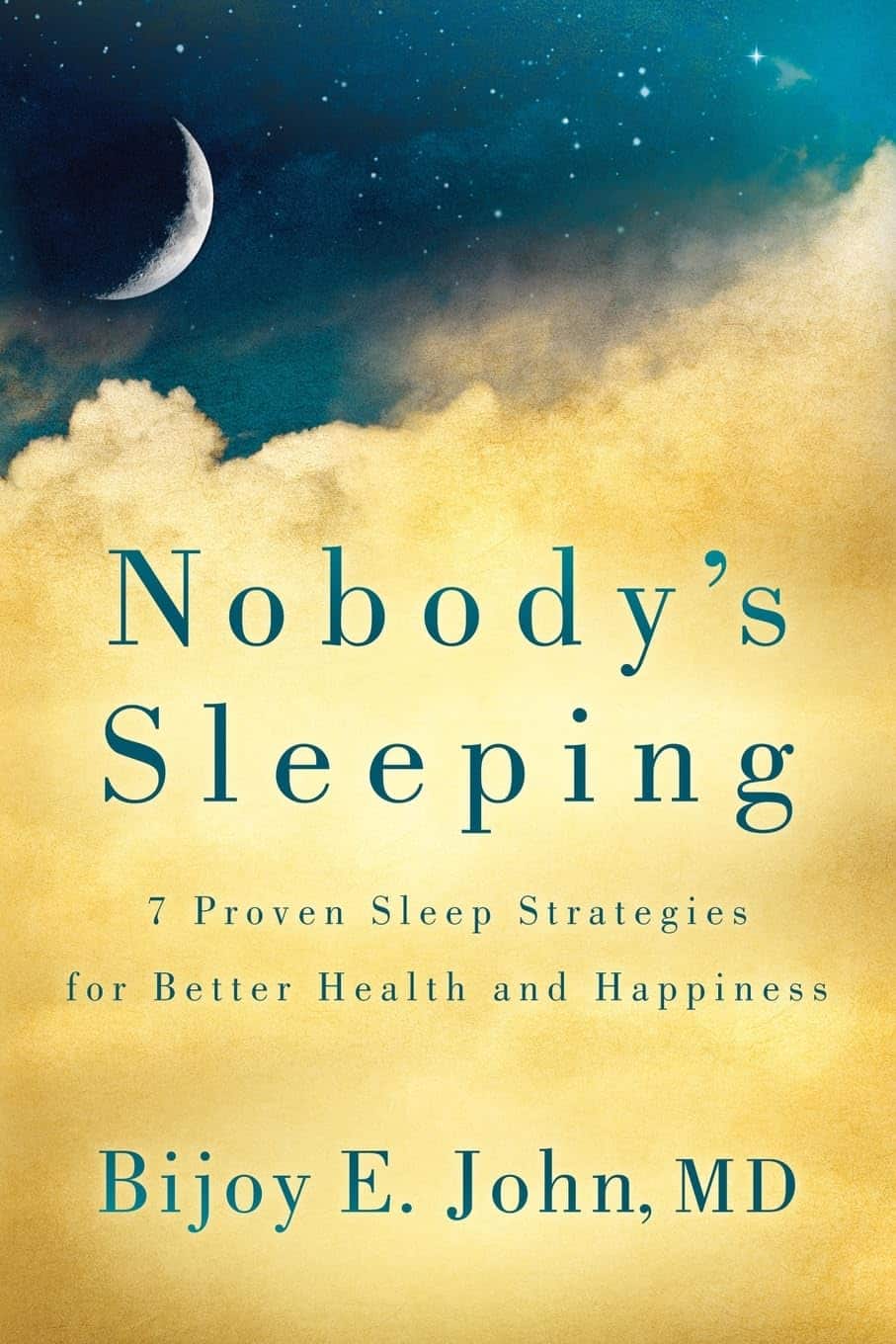
Nobody’s Sleeping – by Dr. Bijoy John
10almonds is reader-supported. We may, at no cost to you, receive a portion of sales if you purchase a product through a link in this article.
Firstly, let’s mention: yes, for the sake of being methodical and comprehensive this book does give the same baseline advice as every other sleep book out there. However, it gives something else, too:
It goes beyond that baseline, to a) give more personalized advice for various demographics (e.g. per age, sex, health conditions, etc) and b) give direction for further personalizing one’s own sleep improvement journey, by troubleshooting and fixing things that may pertain to you very specifically and not to most people.
This means, that if you’re doing “all the right things” but still having sleep-related problems, there is hope and there are more approaches to try.
The style in which this is delivered is very readable, which is good, because if one hasn’t been sleeping well, then chances are that an intellectual challenge would be about as welcome as a physical challenge—that is to say: not at all.
Bottom line: if sleep is not your strength and you would like it to be and all the usual things haven’t yet worked, this book may well help you to overcome the hurdles between you and a good night’s sleep each night.
Click here to check out Nobody’s Sleeping, and refute that title!
Don’t Forget…
Did you arrive here from our newsletter? Don’t forget to return to the email to continue learning!
Recommended
Learn to Age Gracefully
Join the 98k+ American women taking control of their health & aging with our 100% free (and fun!) daily emails:
-
Tranquility by Tuesday?
10almonds is reader-supported. We may, at no cost to you, receive a portion of sales if you purchase a product through a link in this article.
I Know How She Does It: How Successful Women Make The Most of Their Time
This is Laura Vanderkam, author of “Tranquility By Tuesday” (amongst other books). Her “thing” is spending more time on what’s important, and less on what isn’t. Sounds simple, but she’s made a career out of it, so condensed here for you are…
Laura’s 7 Keys To Productivity
Key One: Plan your weeks on Fridays
You don’t want your Monday morning to be a “James Bond intro” (where everything is already in action and you’re just along for the ride, trying to figure out what’s going on). So, take some time last thing each Friday, to plan ahead for the following week!
Key Two: Measure what matters
Whatever that means to you. Laura tracks her use of time in half-hour blocks, and likes keeping track of streaks. For her, that means running daily and keeping a log of it. She also keeps track of the books she reads. For someone else it could be music practice, or a Duolingo streak, or eating fruit each day.
On which note…
“Dr. Greger’s Daily Dozen” is simpler than most nutrition trackers (where you must search for everything you eat, or scan barcodes for all ingredients).
Instead, it keeps track of whether you are having certain key health-giving foods often enough to maintain good health.
We might feature his method in a future edition of 10almonds, but for now, check the app out for yourself here:
Get Dr. Greger’s Daily Dozen on iOS / Get Dr. Greger’s Daily Dozen on Android
Dr. Greger’s Daily Dozen @ Nutrition Facts
Key Three: Figure out 2–3 “anchor” events for the weekend
Otherwise, it can become a bit of a haze and on Monday you find yourself thinking “where did the weekend go?”. So, plan some stuff! It doesn’t have to be anything out-of-this-world, just something that you can look forward to in advance and remember afterwards. It could be a meal out with your family, or a session doing some gardening, or a romantic night in with your partner. Whatever makes your life “living” and not passing you by!
Key Four: Tackle the toughest work first
You’ve probably heard about “swallowing frogs”. If not, there are various versions, usually attributed to Mark Twain.
Here’s one:
“If it’s your job to eat a frog, it’s best to do it first thing in the morning. And if it’s your job to eat two frogs, it’s best to eat the biggest one first.”
Top Productivity App “ToDoist” has an option for this, by the way!
Laura’s key advice here is: get the hard stuff done now! Before you get distracted or tired and postpone it to tomorrow (and then lather rinse repeat, so it never gets done)
10almonds Tip:
“But what if something’s really important but not as pressing as some less important, but more urgent tasks?”
Simple!
Set a timer (we love the Pomodoro method, by the way) and do one burst of the important-but-not-urgent task first. Then you can get to the more urgent stuff.
Repeat each day until the important-but-not-urgent task is done!
The 10almonds Team
Key Five: Use bits of time well
If, like many of us, you’ve a neverending “to read” list, use the 5–10 minute breaks that get enforced upon us periodically through the day!
- Use those few minutes before a meeting/phonecall!
- Use the time you spend waiting for public transport or riding on it!
- Use the time you spent waiting for a family member to finish doing a thing!
All those 5–10 minute bits soon add up… You might as well spend that time reading something you know will add value to your life, rather than browsing social media, for example.
Key Six: Make very short daily to-do lists
By “short”, Laura considers this “under 10 items”. Do this as the last part of your working day, ready for tomorrow. Not at bedtime! Bedtime is for winding down, not winding up
Key Seven: Have a bedtime
Laura shoots for 10:30pm, but whatever works for you and your morning responsibilities. Your morning responsibilities aren’t tied to a specific time? Lucky you, but try to keep a bedtime anyway. Otherwise, your daily rhythm can end up sliding around the clock, especially if you work from home!
Share This Post
-
Raspberries vs Blackberries – Which is Healthier?
10almonds is reader-supported. We may, at no cost to you, receive a portion of sales if you purchase a product through a link in this article.
Our Verdict
When comparing raspberries to blackberries, we picked the blackberries.
Why?
It was very close! Raspberries most certainly also have their merits. But blackberries do just a little bit better in a few categories:
In terms of macros, raspberries have a tiny bit more carbs and fiber, while blackberries have a even tinier bit more protein, and the two berries have an equal glycemic index. We’ll call this category a tie, or else the meanest of nominal wins for raspberry.
In the category of vitamins, raspberries have more of vitamins B1, B2, B5, B6, and choline, while blackberries have more of vitamins A, B3, B9, C, E, and K. This would be a very marginal win for blackberries, except that blackberries have more than 6x the vitamin A, a much larger margin than any of the other differences in vitamins (which were usually small differences), which gives blackberry a more convincing win here.
When it comes to minerals, things are closer: raspberries have more iron, magnesium, manganese, and phosphorus, while blackberries have more calcium, copper, potassium, selenium, and zinc. None of the differences are outstanding, so this is a simple marginal victory for blackberries.
It would be rude to look at berries without noting their polyphenols; we’re not list them all (or this article will get very long, because each has very many polyphenols with names like “pelargonidin 3-O-glucosyl-rutinoside” and so forth), but suffice it to say: raspberries are great for polyphenols and blackberries are even better for polyphenols.
That said… In the category of specific polyphenols we’ve written about before at 10almonds, it’s worth noting a high point of each berry, for the sake of fairness: raspberries have more quercetin (but blackberries have lots too) and blackberries have more ellagic acid (of which, raspberries have some, but not nearly as much). Anyway, just going off total polyphenol content, blackberries are the clear winner here.
Adding up the sections makes for an overall win for blackberries, but by all means, enjoy either or both; diversity is good!
Want to learn more?
You might like to read:
21 Most Beneficial Polyphenols & What Foods Have Them
Enjoy!
Share This Post
-
Not all ultra-processed foods are bad for your health, whatever you might have heard
10almonds is reader-supported. We may, at no cost to you, receive a portion of sales if you purchase a product through a link in this article.
In recent years, there’s been increasing hype about the potential health risks associated with so-called “ultra-processed” foods.
But new evidence published this week found not all “ultra-processed” foods are linked to poor health. That includes the mass-produced wholegrain bread you buy from the supermarket.
While this newly published research and associated editorial are unlikely to end the wrangling about how best to define unhealthy foods and diets, it’s critical those debates don’t delay the implementation of policies that are likely to actually improve our diets.
What are ultra-processed foods?
Ultra-processed foods are industrially produced using a variety of processing techniques. They typically include ingredients that can’t be found in a home kitchen, such as preservatives, emulsifiers, sweeteners and/or artificial colours.
Common examples of ultra-processed foods include packaged chips, flavoured yoghurts, soft drinks, sausages and mass-produced packaged wholegrain bread.
In many other countries, ultra-processed foods make up a large proportion of what people eat. A recent study estimated they make up an average of 42% of total energy intake in Australia.
How do ultra-processed foods affect our health?
Previous studies have linked increased consumption of ultra-processed food with poorer health. High consumption of ultra-processed food, for example, has been associated with a higher risk of type 2 diabetes, and death from heart disease and stroke.
Ultra-processed foods are typically high in energy, added sugars, salt and/or unhealthy fats. These have long been recognised as risk factors for a range of diseases.
Ultra-processed foods are usually high is energy, salt, fat, or sugar. Olga Dubravina/Shutterstock It has also been suggested that structural changes that happen to ultra-processed foods as part of the manufacturing process may lead you to eat more than you should. Potential explanations are that, due to the way they’re made, the foods are quicker to eat and more palatable.
It’s also possible certain food additives may impair normal body functions, such as the way our cells reproduce.
Is it harmful? It depends on the food’s nutrients
The new paper just published used 30 years of data from two large US cohort studies to evaluate the relationship between ultra-processed food consumption and long-term health. The study tried to disentangle the effects of the manufacturing process itself from the nutrient profile of foods.
The study found a small increase in the risk of early death with higher ultra-processed food consumption.
But importantly, the authors also looked at diet quality. They found that for people who had high quality diets (high in fruit, vegetables, wholegrains, as well as healthy fats, and low in sugary drinks, salt, and red and processed meat), there was no clear association between the amount of ultra-processed food they ate and risk of premature death.
This suggests overall diet quality has a stronger influence on long-term health than ultra-processed food consumption.
People who consume a healthy diet overall but still eat ultra-processed foods aren’t at greater risk of early death. Grusho Anna/Shutterstock When the researchers analysed ultra-processed foods by sub-category, mass-produced wholegrain products, such as supermarket wholegrain breads and wholegrain breakfast cereals, were not associated with poorer health.
This finding matches another recent study that suggests ultra-processed wholegrain foods are not a driver of poor health.
The authors concluded, while there was some support for limiting consumption of certain types of ultra-processed food for long-term health, not all ultra-processed food products should be universally restricted.
Should dietary guidelines advise against ultra-processed foods?
Existing national dietary guidelines have been developed and refined based on decades of nutrition evidence.
Much of the recent evidence related to ultra-processed foods tells us what we already knew: that products like soft drinks, alcohol and processed meats are bad for health.
Dietary guidelines generally already advise to eat mostly whole foods and to limit consumption of highly processed foods that are high in refined grains, saturated fat, sugar and salt.
But some nutrition researchers have called for dietary guidelines to be amended to recommend avoiding ultra-processed foods.
Based on the available evidence, it would be difficult to justify adding a sweeping statement about avoiding all ultra-processed foods.
Advice to avoid all ultra-processed foods would likely unfairly impact people on low-incomes, as many ultra-processed foods, such as supermarket breads, are relatively affordable and convenient.
Wholegrain breads also provide important nutrients, such as fibre. In many countries, bread is the biggest contributor to fibre intake. So it would be problematic to recommend avoiding supermarket wholegrain bread just because it’s ultra-processed.
So how can we improve our diets?
There is strong consensus on the need to implement evidence-based policies to improve population diets. This includes legislation to restrict children’s exposure to the marketing of unhealthy foods and brands, mandatory Health Star Rating nutrition labelling and taxes on sugary drinks.
Taxes on sugary drinks would reduce their consumption. MDV Edwards/Shutterstock These policies are underpinned by well-established systems for classifying the healthiness of foods. If new evidence unfolds about mechanisms by which ultra-processed foods drive health harms, these classification systems can be updated to reflect such evidence. If specific additives are found to be harmful to health, for example, this evidence can be incorporated into existing nutrient profiling systems, such as the Health Star Rating food labelling scheme.
Accordingly, policymakers can confidently progress food policy implementation using the tools for classifying the healthiness of foods that we already have.
Unhealthy diets and obesity are among the largest contributors to poor health. We can’t let the hype and academic debate around “ultra-processed” foods delay implementation of globally recommended policies for improving population diets.
Gary Sacks, Professor of Public Health Policy, Deakin University; Kathryn Backholer, Co-Director, Global Centre for Preventive Health and Nutrition, Deakin University; Kathryn Bradbury, Senior Research Fellow in the School of Population Health, University of Auckland, Waipapa Taumata Rau, and Sally Mackay, Senior Lecturer Epidemiology and Biostatistics, University of Auckland, Waipapa Taumata Rau
This article is republished from The Conversation under a Creative Commons license. Read the original article.
Share This Post
Related Posts
-
Waist Size Worries: Age-Appropriate Solutions
10almonds is reader-supported. We may, at no cost to you, receive a portion of sales if you purchase a product through a link in this article.
It’s Q&A Day at 10almonds!
Have a question or a request? You can always hit “reply” to any of our emails, or use the feedback widget at the bottom!
In cases where we’ve already covered something, we might link to what we wrote before, but will always be happy to revisit any of our topics again in the future too—there’s always more to say!
As ever: if the question/request can be answered briefly, we’ll do it here in our Q&A Thursday edition. If not, we’ll make a main feature of it shortly afterwards!
So, no question/request too big or small
❝My BMI is fine, but my waist is too big. What do I do about that? I am 5′ 5″ tall and 128 pounds and 72 years old.❞
It’s hard to say without knowing about your lifestyle (and hormones, for that matter)! But, extra weight around the middle in particular is often correlated with high levels of cortisol, so you might find this of benefit:
Don’t Forget…
Did you arrive here from our newsletter? Don’t forget to return to the email to continue learning!
Learn to Age Gracefully
Join the 98k+ American women taking control of their health & aging with our 100% free (and fun!) daily emails:
-
Non-Sleep Deep Rest: A Neurobiologist’s Take
10almonds is reader-supported. We may, at no cost to you, receive a portion of sales if you purchase a product through a link in this article.
How to get many benefits of sleep, while awake!
Today we’re talking about Dr. Andrew Huberman, a neuroscientist and professor in the department of neurobiology at Stanford School of Medicine.
He’s also a popular podcaster, and as his Wikipedia page notes:
❝In episodes lasting several hours, Huberman talks about the state of research in a specific topic, both within and outside his specialty❞
Today, we won’t be taking hours, and we will be taking notes from within his field of specialty (neurobiology). Specifically, in this case:
Non-Sleep Deep Rest (NSDR)
What is it? To quote from his own dedicated site on the topic:
❝What is NSDR (Yoga Nidra)? Non-Sleep Deep Rest, also known as NSDR, is a method of deep relaxation developed by Dr. Andrew Huberman, a neuroscientist at Stanford University School of Medicine.
It’s a process that combines controlled breathing and detailed body scanning to bring you into a state of heightened awareness and profound relaxation. The main purpose of NSDR is to reduce stress, enhance focus, and improve overall well-being.❞
While it seems a bit bold of Dr. Huberman to claim that he developed yoga nidra, it is nevertheless reassuring to get a neurobiologist’s view on this:
How it works, by science
Dr. Huberman says that by monitoring EEG readings during NSDR, we can see how the brain slows down. Measurably!
- It goes from an active beta range of 13–30 Hz (normal waking) to a conscious meditation state of an alpha range of 8–13 Hz.
- However, with practice, it can drop further, into a theta range of 4–8 Hz.
- Ultimately, sustained SSDR practice can get us to 0.5–3 Hz.
This means that the brain is functioning in the delta range, something that typically only occurs during our deepest sleep.
You may be wondering: why is delta lower than theta? That’s not how I remember the Greek alphabet being ordered!
Indeed, while the Greek alphabet goes alpha beta gamma delta epsilon zeta eta theta (and so on), the brainwave frequency bands are:
- Gamma = concentrated focus, >30 Hz
- Beta = normal waking, 13–30 Hz
- Alpha = relaxed state, 8–13 Hz
- Theta = light sleep, 4–8 Hz
- Delta = deep sleep, 1–4 Hz
Source: Sleep Foundation ← with a nice infographic there too
NSDR uses somatic cues to engage our parasympathetic nervous system, which in turn enables us to reach those states. The steps are simple:
- Pick a time and place when you won’t be disturbed
- Lie on your back and make yourself comfortable
- Close your eyes as soon as you wish, and now that you’ve closed them, imagine closing them again. And again.
- Slowly bring your attention to each part of your body in turn, from head to toe. As your attention goes to each part, allow it to relax more.
- If you wish, you can repeat this process for another wave, or even a third.
- Find yourself well-rested!
Note: this engagement of the parasympathetic nervous system and slowing down of brain activity accesses restorative states not normally available while waking, but 10 minutes of NSDR will not replace 7–9 hours of sleep; nor will it give you the vital benefits of REM sleep specifically.
So: it’s an adjunct, not a replacement
Want to try it, but not sure where/how to start?
When you’re ready, let Dr. Huberman himself guide you through it in this shortish (10:49) soundtrack:
Click Here If The Embedded Video Doesn’t Load Automatically!
Want to try it, but not right now? Bookmark it for later
Take care!
Don’t Forget…
Did you arrive here from our newsletter? Don’t forget to return to the email to continue learning!
Learn to Age Gracefully
Join the 98k+ American women taking control of their health & aging with our 100% free (and fun!) daily emails:
-
The Joy of Saying No – by Natalie Lue
10almonds is reader-supported. We may, at no cost to you, receive a portion of sales if you purchase a product through a link in this article.
Superficially, this seems an odd topic for an entire book. “Just say no”, after all, surely! But it’s not so simple as that, is it?
Lue looks into what underpins people-pleasing, first. Then, she breaks it down into five distinct styles of people-pleasing that each come from slightly different motivations and ways of perceiving how we interact with those around us.
Lest this seem overly complicated, those five styles are what she calls: gooding, efforting, avoiding, saving, suffering.
She then looks out how to have a healthier relationship with our yes/no decisions; first by observing, then by creating healthy boundaries. “Healthy” is key here; this isn’t about being a jerk to everyone! Quite the contrary, it involves being honest about what we can and cannot reasonably take on.
The last section is about improving and troubleshooting this process, and constitutes a lot of the greatest value of the book, since this is where people tend to err the most.
Bottom line: this book is informative, clear, and helpful. And far from disappointing everyone with “no”, we can learn to really de-stress our relationships with others—and ourselves.
Don’t Forget…
Did you arrive here from our newsletter? Don’t forget to return to the email to continue learning!
Learn to Age Gracefully
Join the 98k+ American women taking control of their health & aging with our 100% free (and fun!) daily emails:

